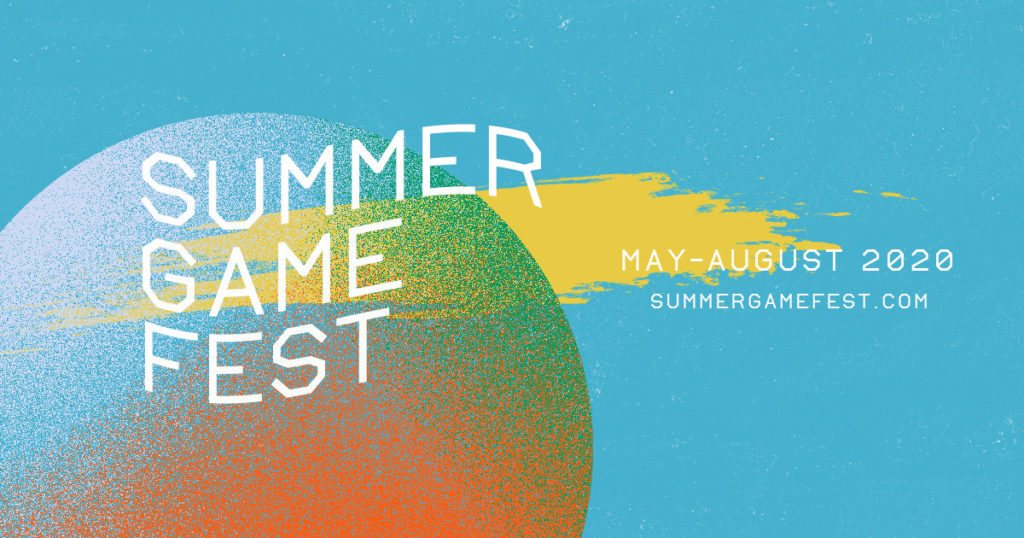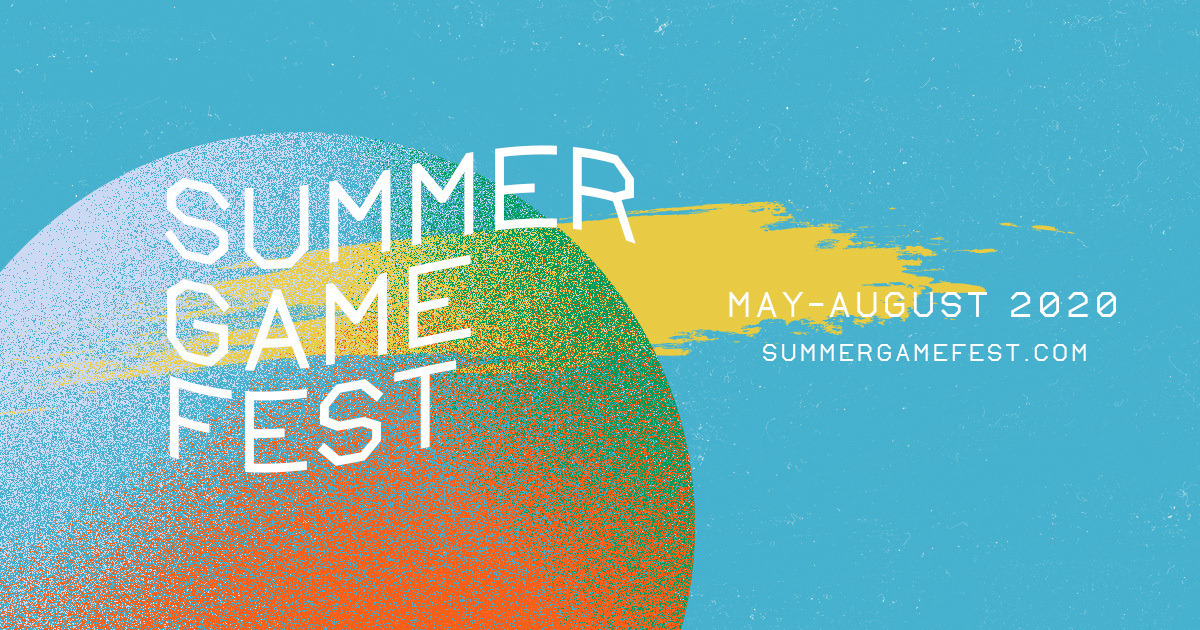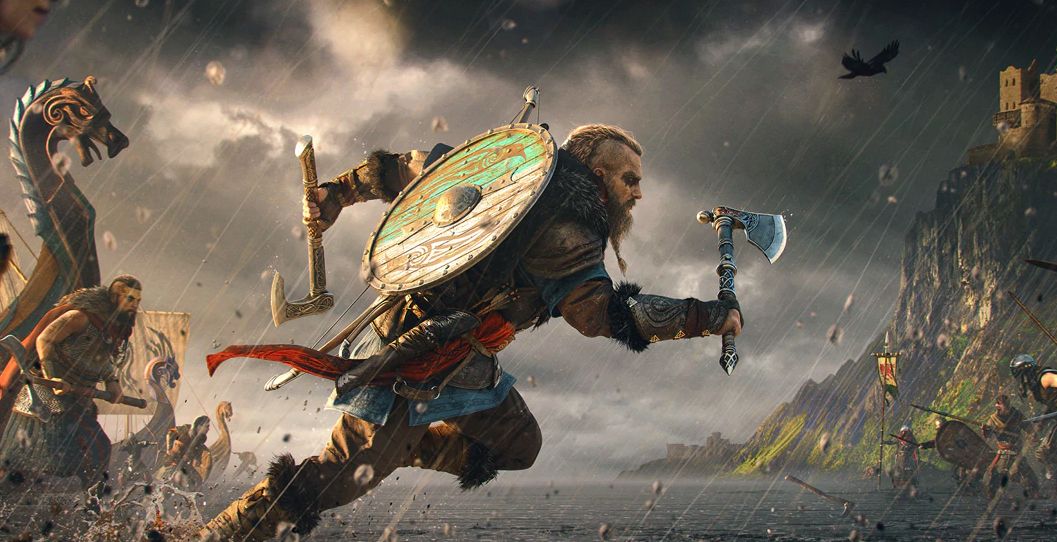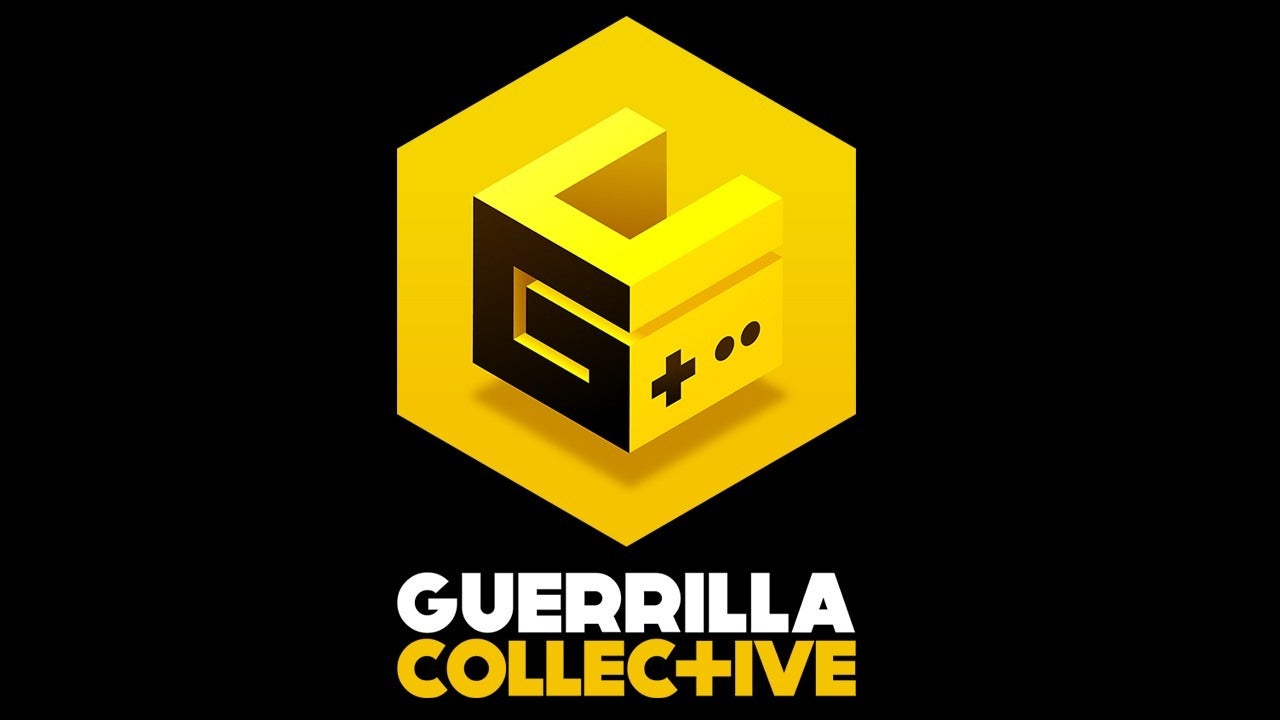
Indie Game Publishing and Uncertainty in a World without In-Person Events
Every year for the past quarter century, the games industry at large prepares for one week in June to make all its biggest announcements. E3 has been called “gamer Christmas” and while that hyperbolic sentiment may lack the proper nuance, it gets at the fuzzy feeling that is there for some. For many in this industry, the cancellation of E3 was the first sign that 2020 was going to be an unusual year. In retrospect, that was an understatement.
E3 has been replaced by a more sprawling approach. As remote and streamed events start to proliferate from old standbys such as Sony, Nintendo, and Microsoft, as well as the emergence of Geoff Keighley’s Summer Games Fest, it’s beginning to look and feel more and more like the summer of E3. COVID-19 related cancellations may have affected the year’s biggest gaming showcase, but the consequences of these cancellations reach beyond the scope of the first week of June.
Many game developers from around the world use events like E3, GDC, and Gamescom to network, meet new partners, and get in-person user feedback on their projects. This is especially true for those working in the independent space, specifically independent game publishers. I spoke with the teams at Deck13 Spotlight and 11Bit Studios about how these cancellations have impacted their plans and why in-person collaboration was so crucial to the work they do.
Deck 13 Spotlight is the indie publishing arm of Deck13, the developer of The Surge games and Lords of the Fallen. In previous years, the Germany-based team would make the international trip to attend GDC, E3, and Gamescom in order to meet up with developers and to scout new projects. Whiler they weren’t planning on making the trip to E3 or GDC this year, European shows like Gamescom and Reboot (the latter of which was not cancelled but postponed to October) were on the table.
11Bit Studios is most commonly known as the developer of Frostpunk and This War of Mine, but have expanded into indie publishing and have found success in their most recent releases Children of Morta and Moonlighter. Members of the 11Bit Studios team were rearing and hyped to board a plane to GDC when it was announced the show wouldn’t be happening due to COVID-19.
However, this isn’t to say the decision came as a complete shock. As the coronavirus began to spread across Europe in early March, members of the 11Bit team began to worry, despite Poland not yet having any cases. “Honestly, the decision of postponing the event was some kind of relief since the people who were supposed to be there also started to feel anxiety,” Konard Adamczewski of the 11Bit Studios PR team said..
For both studios, having booth space at a show like PAX, E3, or Gamescom provides tangible benefits that are difficult to replicate. Even if they are difficult to justify financially, AA companies like Deck13 still find they are worth that loss.
“Booths are nice for some publicity but usually the fees attached to these booths will hardly be justified if you think about the numbers of sales which they impact,” said Michael Hoss, the PR & Marketing Manager at Deck13 Spotlight. “What is a real loss here is the direct feedback for our teams. While shows might not sell games, they are definitely the best place to get some honest feedback from players.”
That booth space was a great way for these publishers to get their games into the hands of show attendees and turn new players on to projects they might otherwise ignore. For a studio like 11Bit, word of mouth is an invaluable marketing tool.
Of course another major reason for publishers of all sizes to attend conventions is to meet with developers they would otherwise only be able to contact remotely. The AA and indie game publishing industry isn’t centralized in a handful of coastal cities, unlike much of the American games industry. European game publishers and developers work in numerous cities across a sprawling continent. Gathering everyone from the worldwide industry in one place is a great way to meet new developers and get projects started and deals done.
“We love meeting new developers while searching for a next gem to publish, and we love talking about games,” Adamczewski said. “The friendly vibes of events like PAX and the ability to speak to gamers who visit our booth are also a thing that can’t be replaced by online stream events.”
Like everything post COVID-19, the only certainty going forward is uncertainty- the future of gaming events online is no different. However, these uncertainties could favor small developers. While traditionally a time for larger games to be highlighted, a greater number of events over the course of a handful of months could be beneficial to smaller games. Microsoft’s May Inside Xbox event focused mostly on ports of PC games from less well-known studios, with Assassins Creed: Valhalla being the only traditional AAA game shown. Going forward, however, it could just mean the bigger games get more time on screen, with indies and smaller European games being sidelined as per usual.
“The spill of online streaming events means more titles will be showcased during those events and more studios have a chance to gain additional visibility which wasn’t possible during the E3 window since that is traditionally a time for big players to shine,” Adamczewski said. “On the other hand, many events mean that the player’s attention will be diluted and some of them might resign from trying to pick up the games that interest them among tons of announcements.”
A phantom hangs over this whole discussion, though- the elephant in the room, larger than life and completely unknowable: will E3 return after this or is it gone forever? Are these adjustments temporary crisis management, or are they the way of the future?
This summer, 11Bit Studios participated in Guerrilla Collective, an online digital games festival hosted by Kinda Funny’s Greg Miller and featuring other European PC focused developers and publishers like Larian Studios and Paradox Interactive. While it’s not a table at E3, showcases put together by creators like Miller have certainly aided in the effort to shine a light on indie developers and extend the studio’s reach during a time when self-promotion is especially difficult.
One of many silver linings to this situation is that neither studio has needed to radically alter their timetable for the coming year and beyond. The developers working with Deck13 Spotlight and 11 Bit are still chugging along, adopting work-from-home policies and various digital tools to keep on track. Still, these studios share the same feeling nearly every working human in the world is feeling this year: extreme uncertainty.
“Right now there is an increased demand for games but no one can tell how the pandemic will affect the near future,” Hoss said. “Will people still have money after all this? Like in Q3 or Q4? And if so, will they be spending the money on games or something more… you know… important?”
As of right now, people are still buying games. In fact, sales numbers for Animal Crossing: New Horizons show people are buying even more than predicted. While musicians live stream concerts on Instagram and Youtube and movie theaters are still out of business until at least mid-July, games are thriving. Hell, even my mom bought a Switch Lite and Animal Crossing in April and she hasn’t touched a video game since 1994. Adamczewski expanded upon this silver lining Hoss mentioned.
“The business side of things isn’t harmed. The development work progresses even while working remotely, the games are selling,” he said. “But the social side of things—those interactions between gamers and developers—is harmed and that’s terrible.”
Both studios are reporting solid team morale and while it’s impossible to know the mental state of every single team member, Hoss and Adamczewski both say their coworkers are communicating more than ever with calls and conferences.
Everyone in games is wary about what the future may hold. If the AAA side of the industry begins to dry up, players ravenous for content will turn their insatiable gullets to indie games. Without the face to face networking of events like GDC, Gamescom, and E3 independent game publishers will need to find new ways of meeting with developers and discovering fresh games and ideas. How they do that is the most pressing uncertainty of all.









